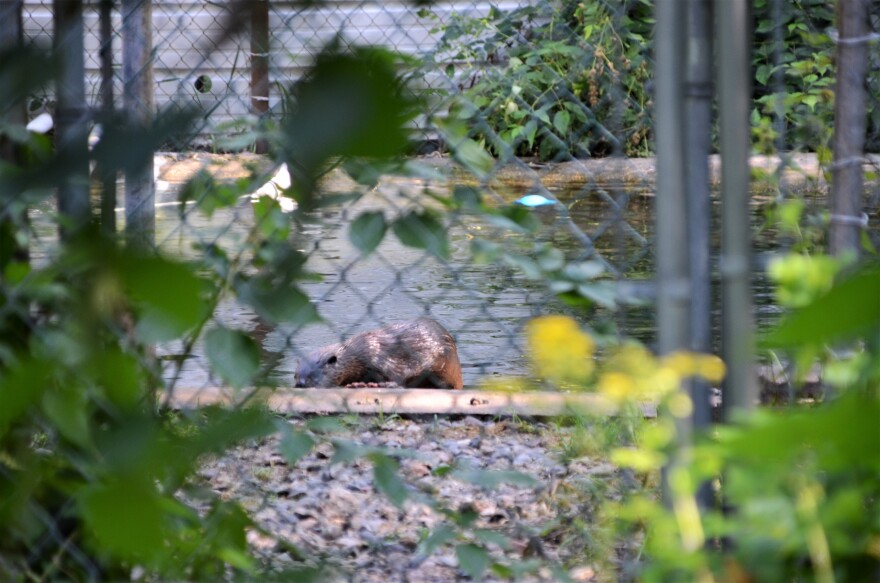As with just about everything in the world, wildlife rehabilitators have been affected by the COVID-19 pandemic.
Since the near start of the pandemic, Wild Instincts has made changes to protect animals and staff from the virus.
“We’re masking up, gloving up while we’re feeding them and doing any kind of care,” said Director of Rehabilitation, Mark Naniot.
With all the safety precautions Wild Instincts has put into place, Naniot was surprised by the recent sudden announcement about new wildlife intake and release restrictions.
Wildlife rehabilitation centers in Wisconsin are no longer allowed to treat animals in the Felid or Mustelid families, includes animals like badgers, mink, otters, fishers, and bobcats.
The Wisconsin DNR said these animals are potentially susceptible to COVID-19 and it doesn’t want the virus to spread in wildlife populations. It also wants to protect people from the virus.
There have been documented cases of the virus transferring from humans to mink in farm situations but none in the wild.
“The thing is most of these animals are solitary. They have territories and things, so when they are out in the wild they don’t really socialize with others of their species,” said Naniot. “So it’s not really a big concern. You know, USDA has also said it’s not a big issue. They don’t feel it’s a real big security risk at this time.”
As for the animals on the ban list already in the care of wild instincts, those will be able to go back into the wild.
Naniot is currently caring for three river otters. The DNR told him if he followed certain guidelines for two weeks leading up to their release, all of which he and his staff have already been doing, they would be good to go.
Naniot believes precautions like this can be in place full time to treat the animal currently on the DNR’s restricted list.
“What I’d like to see is working with the DNR very closely, laying out protocols for all the wildlife rehabilitators and how to do proper PPE, personal protective equipment, to prevent any spread of transmission with their changing and everything else and also be able to test these animals. Test the caregivers when it comes time to release and say ‘okay everybody is testing negative so we should be okay to do that release,’” said Naniot.
Naniot hopes he and other rehabilitators can work with the DNR to get the restrictions lifted sooner than later so he can keep helping wildlife.
Right now, if someone calls Wild Instincts about one of the animals on the banned list they are instructed to tell the person to leave the animal alone or call the county wildlife biologist with the DNR.
This will likely lead to a sick animal being left to die or being put down.
Naniot fears it will lead to people trying to care for the wild animal themselves rather than see it die.
“They could potentially spread diseases to their children to their pets, to themselves, and of course the animals will probably become more humanized cause they won’t have the proper caging and things that they need to make sure they stay wild,” said Naniot.
The DNR didn’t give a timeline for how long the restrictions would be in place, just calling it temporary.
“We’re professional wildlife rehabbers. This is what we do on a day to day basis. We deal with not only covid but all sorts of other diseases and have for our entire careers.”
WXPR reached out to the DNR for an interview about the change in policy. We have not gotten a response at the time of this posting.



